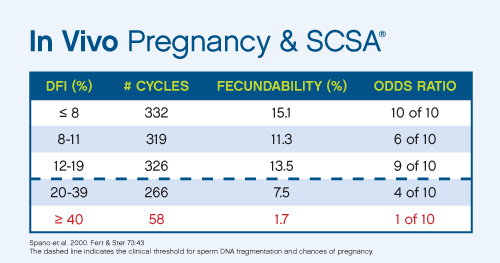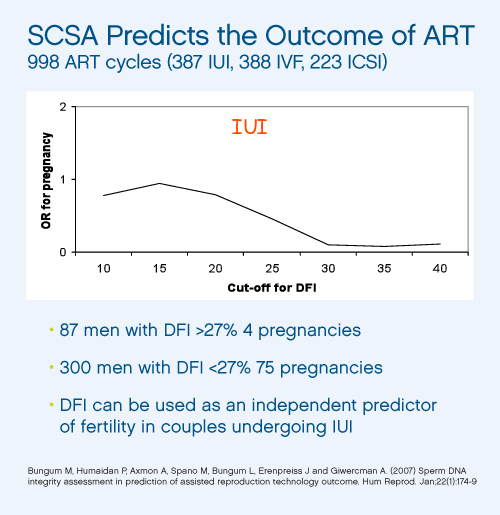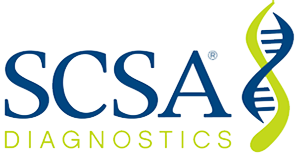Clinics
When in-vitro fertilization began, just over three decades ago, it was thought that the quality of the semen sample, as judged by the light microscope, would predict the generation of viable embryos. And that when sperm "quality" is below certain thresholds, there would be a poor IVF outcome. However, with accumulating experience it became evident that these basic semen parameters were not sufficient to evaluate sperm performance in IVF, and "advanced" sperm examinations were suggested to evaluate the sperm's ability to fertilize the egg and support embryo growth.
The subsequent introduction of intracytoplasmic sperm injection (ICSI) greatly reduced the importance of sperm abnormalities in regard to fertilizing eggs. The thought was introduced that almost any sperm would be sufficient for conception and the delivery of a healthy baby.
However, again with increasing experience, it became very clear that some patients repeatedly failed to form viable embryos, even though fertilization of the egg occurred and even early pre-implantation development of the embryo was evident.
Sperm DNA fragmentation is one of the main paternal-derived causes of repeated reproduction failure. Approximately 20-30% of men attending an infertility clinic have a level of sperm DNA fragmentation that can causes pregnancy failure. Even though the routine semen analysis might show that sperm morphology, concentration and motility are within "normal ranges", DNA integrity as seen by the SCSA test may predict male infertility.

Various studies have shown that when semen samples contain more than 27-30% sperm with fragmented DNA (DNA fragmentation index, %DFI), there is a 7-10-fold lower probability of establishing a pregnancy by intercourse or IUI, and a 1.5-2.0-fold lower chance by IVF/ICSI.

A very recent study (Giwercman A. et al, 2009 in press, Int. J. Androl) included 137 men from infertile couples with no known female factors and 137 men with proven fertility.
In men with normal standard semen parameters (sperm concentration, motility and morphology) the risk for infertility was increased 5-fold with DFI values over 20%.
However, if one of the standard semen parameters was abnormal, the risk for infertility was already increased by 16-fold with DFI values above 10%.
The authors concluded that "DFI is a predictor of chance of natural conception, even where the standard semen parameters are normal. SCSA analysis adds to the clinical management of infertile couples."
Physicians must provide written consent before the SCSA® test will be provided to any patient. SCSA® Diagnostics, Inc. will accept a standard requisition form from the attending physician or the Sperm Chromatin Structure Assay (SCSA®) Requisition Form provided here on our website. The requisition may be returned in the shipment with the semen sample or directly faxed to SCSA® Diagnostics, Inc. (605-592-9021). Alternatively, a physician can authorize the SCSA test on a routine prescription form that is faxed (605-592-9021) or included in the return shipper. The authorization may be sent after the sample has been received and analyzed; however, the clinical report can not be released until after SCSA Diagnostics has received the physician's requisition.
 PATIENT INFORMATION
PATIENT INFORMATION CLINIC INFORMATION
CLINIC INFORMATION

